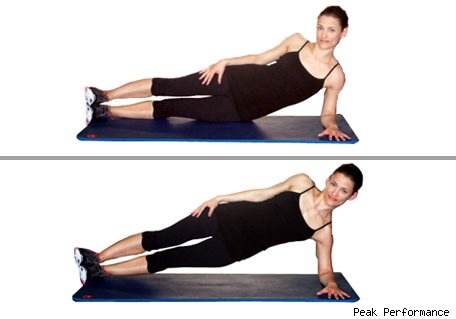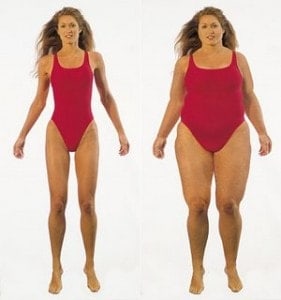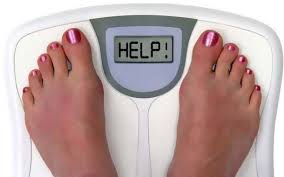Psychology and weight loss can not be disassociated because being overweight is a physical problem that has the tendency to affect the person emotionally.
Psychologists have identified and agreed that weight loss may be very difficult to achieve without putting the person’s state of mind into cognizance. It is believed that overweight individuals tend to be depressed. While there were debates as to which comes first obesity or depression, it is well-established fact that both do exist.
Table of Contents
Depression:
Dr. John B. Dixon and his team from Monash University, in Melbourne, Australia, have lately written in the Medical Journal Archives of Internal Medicine, concerning a recent study where 487 obese individuals, scheduled for stomach-banding surgery to help them lose weight, were made to fill out a standard questionnaire prepared to detect depression.
The result of depression before surgery was about 17.7, but a year after the surgery, when the questionnaire test was taken again the depression rate has fallen to an average of 7.8. Which is very significant, if I may say.
Anxiety:
This is another variable that must be considered when dealing with obesity because weight loss could be difficult to achieve if someone is anxious, and that would lead the person to eat without minding the effect on his/her continuing physical and psychological health.
Behavioral Science And Weight Loss:
For us to truly achieve the desired weight loss, we need to look at the ways we have learned to solidify our thinking and behaviors. Among the most basic theories linked to behavioral science is that of ‘reinforcement theory’.
Reinforcement theory is all about how we reward behaviors that we want to continue with and then remove rewards from behaviors we wish to discontinue. For example, as children our parents rewarded the behavior they wanted us to keep by giving us candies, thereby reinforcing that behavior.
As adults, we have the custom of family reunion where we come together as a family with loved ones, and if we were unable to ‘eat’ on this occasion we feel deprived wishing to have a situation where we could eat just as much as we want with our loved ones.
Now, these practices that we have been practicing almost our entire life would have solidified this custom thereby making it difficult to have long-term weight loss management or maintenance without feeling deprived.
There is certainly nothing wrong with eating, but only making an observation on the psychological issues that undermined long-term weight loss. Fortunately, psychologists are now contributing toward dealing with obesity holistically including helping people to understand the psychological components and the physical and nutritional aspects too.
Final Thought: Self Denial
Some people may have an overweight issue, yet they would not consciously admit and accept the fact that they do. However, subconsciously they will be having a self-image problem which may ultimately cause them to look for a way to get themselves happy.
And on the quest of searching for the happiness they might end up eating more junk foods and consequently increasing their obesity. Therefore, for a starter, there is the need to accept or be realistic of their problem, by so doing the psychological state of mind will be healthy and open for improvements.
After all, it is not a crime to be overweight, it’s just that it is not healthy. When they begin to think in that direction there will be a lot more psychological viability toward managing weight loss.
I am a health and fitness enthusiast. I take anything and everything that improves my health seriously. Hence, I try to share my knowledge in helping people that wish to up their health status to one that enables them to live strong with confidence.
We also review health and fitness equipment such as treadmills, elliptical trainers, spin bikes. recumbent bikes and many more.






